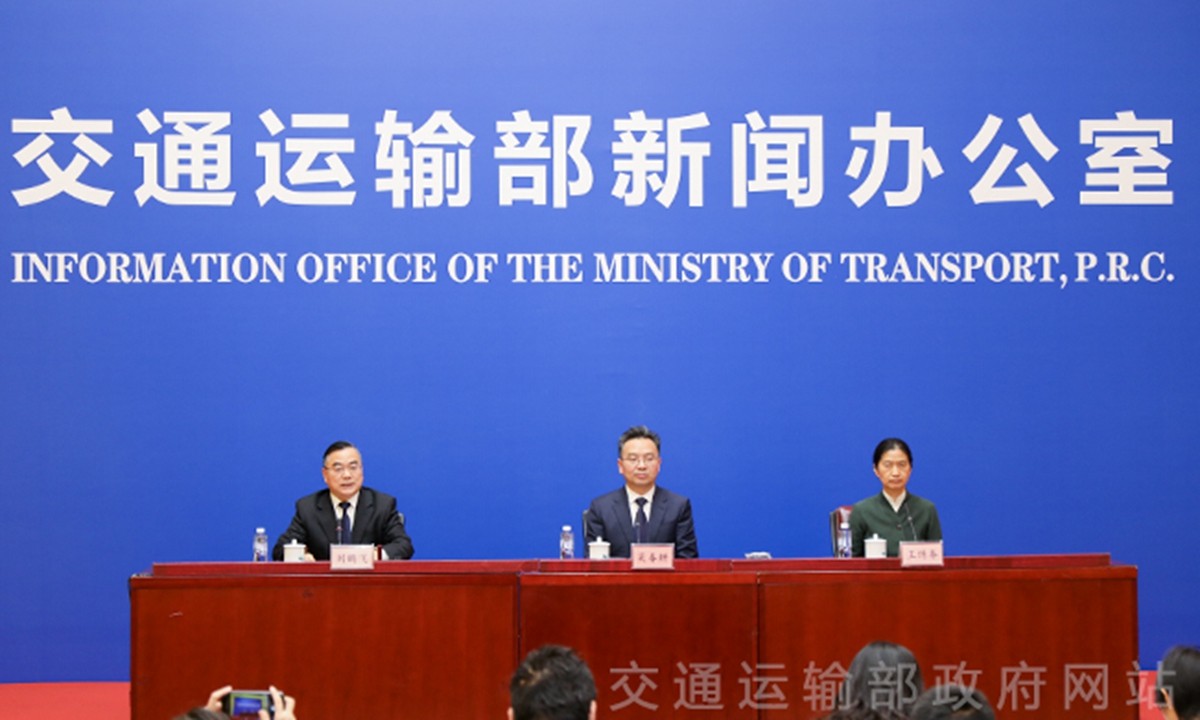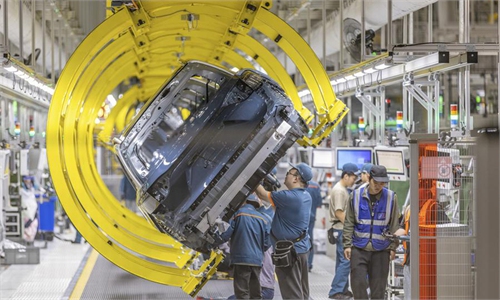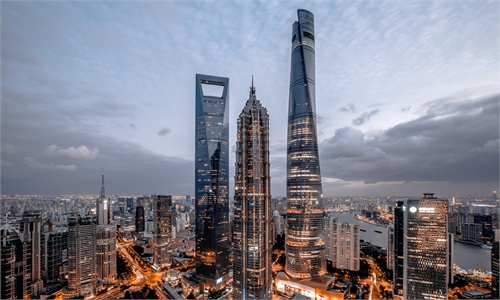
A press conference held by the Ministry of Transport on October 31, 2024 Photo: Courtesy of the Ministry of Transport
In the first three quarters, the operation of China's transportation economy remained stable overall, with key indicators including freight volume, port cargo throughput and cross-regional passenger flows all expanding, Wu Chungeng, chief planner of the Ministry of Transport, said at a press conference on Thursday.
Wu noted that entering September, as a package of incremental policies was gradually implemented and took effect, positive factors in the economic operation of transportation continuously increased, showing a positive and favorable trend.
From January to September, cross-regional passenger trips reached 49.09 billion, up 5.4 percent year-on-year. Rail passengers increased by 13.8 percent, with waterway passengers up 1.11 percent and civil aviation passengers up 19.1 percent year-on-year, Wu said.
In the first three quarters, port cargo throughput stood at 12.97 billion tons, up 3.4 percent year-on-year, with foreign trade growing 7.6 percent. Container throughput totaled 250 million 20-foot equivalent units, up 7.7 percent year-on-year, with foreign trade up 8.2 percent.
The total volume of commercial freight reached 41.63 billion tons, a year-on-year increase of 3.3 percent. Notably, air freight volume increased by 24.4 percent, according to Wu.
"As key indicators of the transport sector are one of the important references for economic development, the sector's performance in the first nine months showed that China's economy maintained stability with vitality," Cong Yi, a professor at the Tianjin School of Administration, told the Global Times on Thursday.
The performance of port cargo throughput and container throughput in foreign trade also denied the so-called decoupling, and China still played a vital role in stabilizing the global supply chain, Cong noted.
Liu Pengfei, spokesperson of the Ministry of Transport, told the press conference that so far this year, the ministry has allocated 315.7 billion yuan ($44.35 billion) in vehicle purchase tax funds to support local transportation construction, and major transportation projects in highways and water transport are being accelerated to the fullest extent.
For instance, the Shenzhen-Zhongshan Link opened to traffic on June 30, another large-scale transportation project in the Guangdong-Hong Kong-Macao Greater Bay Area following the Hong Kong-Zhuhai-Macao Bridge.
Moreover, the construction of the world's largest suspension bridge, the Zhangjinggao Yangtze River Bridge, is in full swing, according to Liu.
Work on key port projects such as the container terminal of the east operation area of Yantian Port in Shenzhen, South China's Guangdong Province has been accelerated. The construction of these projects has promoted the development of world-class ports, playing a significant role in attracting investment and injecting vitality into the high-quality development of the country's economy and society, Liu noted.
Cong noted that accelerating infrastructure construction will generate a multiplier effect. On the one hand, it will provide a solid material foundation for strengthening cross-regional communication; on the other hand, it will drive the development of many related industries, including the logistics sector.



